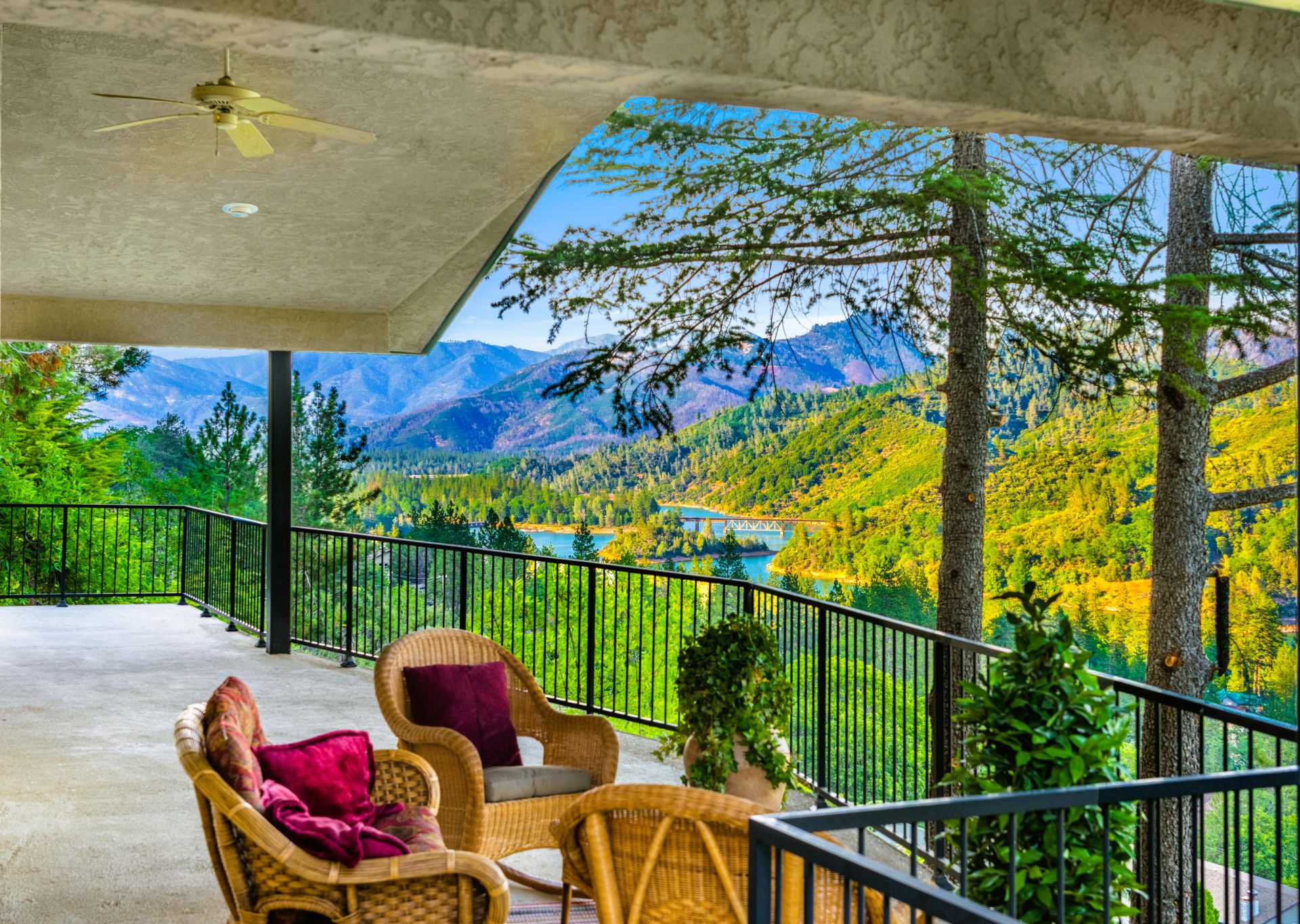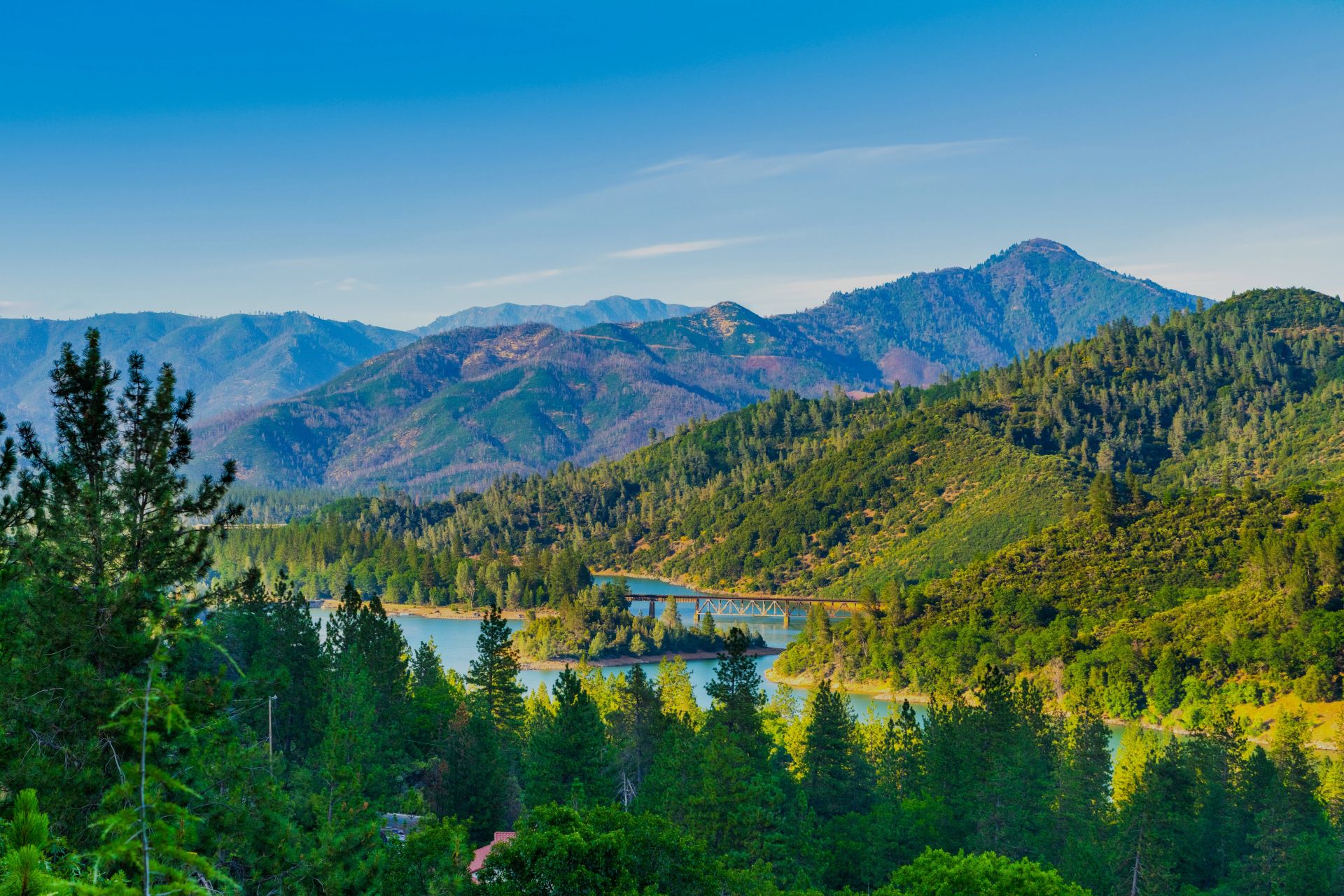Envision stepping into a lush forest, where the crisp morning air carries the scent of pine and wildflowers. The sun filters gently through the towering trees, casting soft beams of light on the forest floor. As you walk, the sound of birdsong and the rustling of leaves underfoot creates a natural symphony, and you feel an instant connection to the earth beneath you. This moment, enveloped in the serenity of nature, feels like a breath of fresh air—a reminder of the planet's beauty and your place within it.


Why Sustainability Matters in Retreat Planning?
Sustainability is becoming a focal point for retreat planners across the globe—and for good reason. Eco-friendly retreats have a significantly lower carbon footprint compared to traditional ones, helping to preserve the natural beauty that makes these getaways so special.

Choosing Eco-Friendly Venues

Eco-Friendly Catering and Meal Planning
One often-overlooked aspect of retreat planning is the environmental impact of food. Catering plays a significant role in sustainability, and the choices you make here can dramatically reduce your retreat’s carbon footprint.

Planning Eco-Friendly Activities


Communicating Your Sustainability Efforts
Conclusion

